We are all on a long-term timeline and in urgent need to evolve our way of life.
Norbert COUDON [TBS Education 1987]
Regional Head of Renewable Energies and Public Sector, Crédit Agricole Leasing & Factoring
Norbert has been working for more than 10 years in a subsidiary of Crédit Agricole, Crédit Agricole Leasing & Factoring. He oversees structured asset finance in two areas: Infrastructure and Energy Transition, in the broadest sense. More specifically, he has been focusing for the past 7 to 8 years on renewable energy production projects: Solar, wind and biomass.
How do the projects you finance demonstrate energy sobriety or contribute to it?
Financing wind farms, hydroelectric solar farms or biomass power plants helps to decarbonize energy production, which accounts for ¾ of greenhouse gas emissions.
Additionally, we are working on "green" infrastructure projects, led by territorial collectivities.
Thus, the creation of heating networks and urban heating networks that operate at 80% or 90% with green energy allows companies, businesses, associations, and individuals to connect to these networks and to access a competitive and more stable energy price than those of gas, for example.
We are also involved in waste recycling projects, with a logic of not only incinerating waste but also recovering the emitted heat to produce electricity.
How do you position your activity in relation to the environment and sobriety?
The challenges of decarbonization are very prevalent, especially in the energy sector. Today, 75% of greenhouse gas emissions in the world, come from energy production, and in Europe, 60% of the electricity produced is carbon-based (gas, coal, etc.).
Even if France is (or was) ahead in terms of decarbonization of energy production, thanks to its nuclear fleet, our energy mix must evolve and make more room for renewable energies.
In 5 years, by 2028, the production of renewable energy must double; we are faced with a considerable volume of investments, exceeding €10 billion per year, that must be financed.
Other challenges are also present in the transportation, industry, and housing sectors…
How do you define sobriety and what are the consequences for your business ?
Energy sobriety is a multifactorial subject, with individual, collective, societal and organizational dimensions.
The resulting changes concern mobility, public lighting, industrial or agricultural production processes and will impact all the actors in society, citizens, companies, local authorities, and administrations, which will need to be supported, with advice and funding.
We are probably more in a state of forced sobriety than a chosen one
How do you analyze the decline in French electricity consumption recorded at the end of 2022?
When warnings were issued about the risk of power cuts, four out of ten households reduced their electricity consumption. Additionally, five out of ten French people have also reduced their travel over the last six months.
It is difficult to judge whether these changes are linked to inflation / pricing effect or a growing awareness of our ways of functioning, but we are probably more in a state of forced sobriety than a chosen one. It is likely the beginning of a process with certain segments of the population that have fully embraced this sobriety while others are more opposed to it.

What practical applications do you see in your sector on a daily basis ?
Today, for the granting of financing, many banks are implementing rating systems for investments that include the environmental, societal and energy dimension in their analysis grids.
The aim is to prioritize the financing of these investments and, sometimes, to introduce interest rate subsidies for these projects.
Any final thoughts to add, Norbert?
This is probably a rather self-centered view as a financer, but I believe the economic dimension of the energy transition is essential. We are currently spending $1,000 billion to finance the energy transition; we will have to spend four times that amount to meet our decarbonization target. Financial constraints will come into play, and financing levers will need to be found and budgetary trade-offs made.
Another point is we are seeing the development of the usage-based economy. The historical mode of operation based on ownership is giving way to a greater use value. Examples are already evident for vehicles (development of rentals), premises (coworking), equipment (loans), and clothing (second-hand).
Interview by Romain Lanusse-Croussé TBS Education 2008








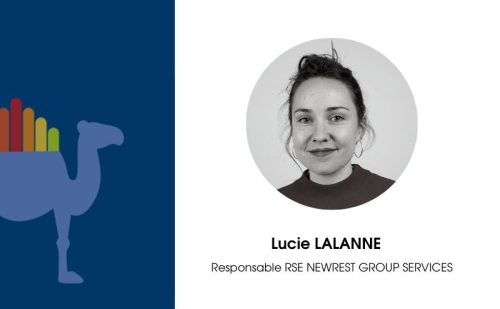

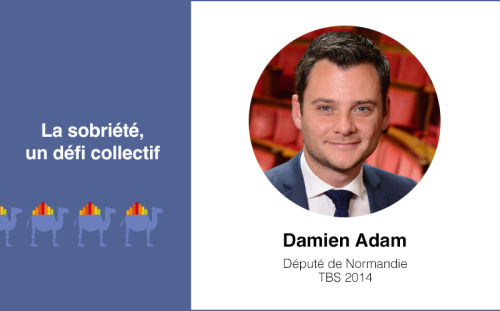
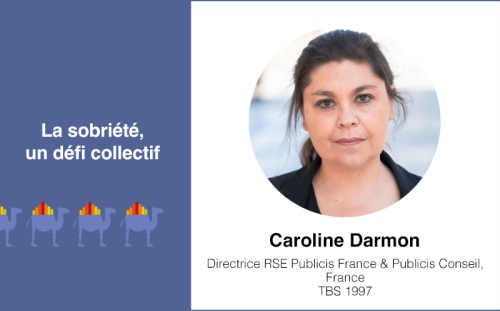
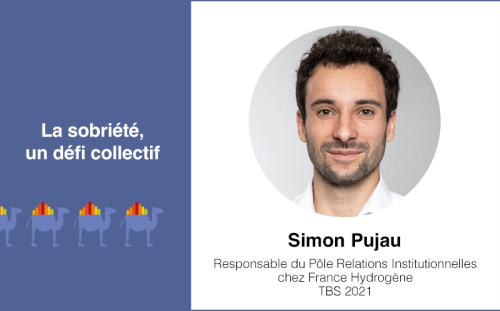
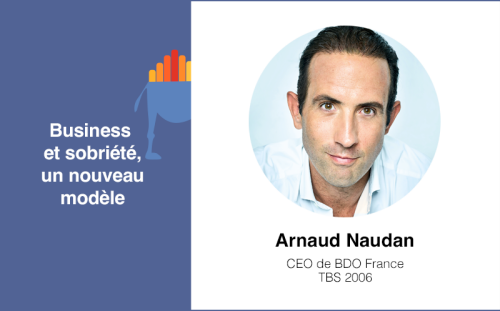
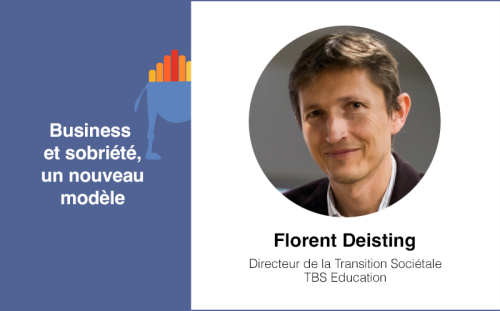



No comment
Log in to post comment. Log in.